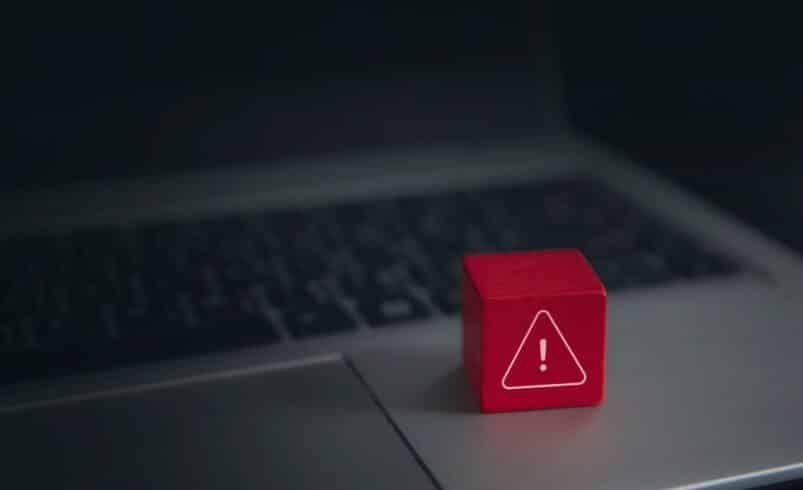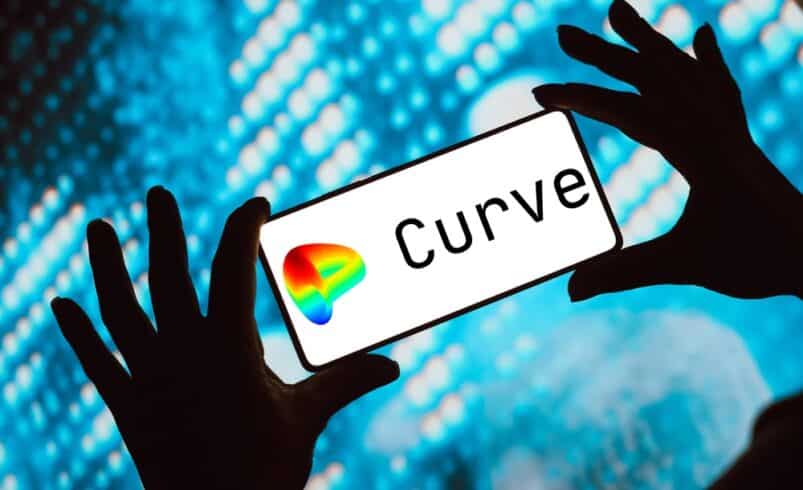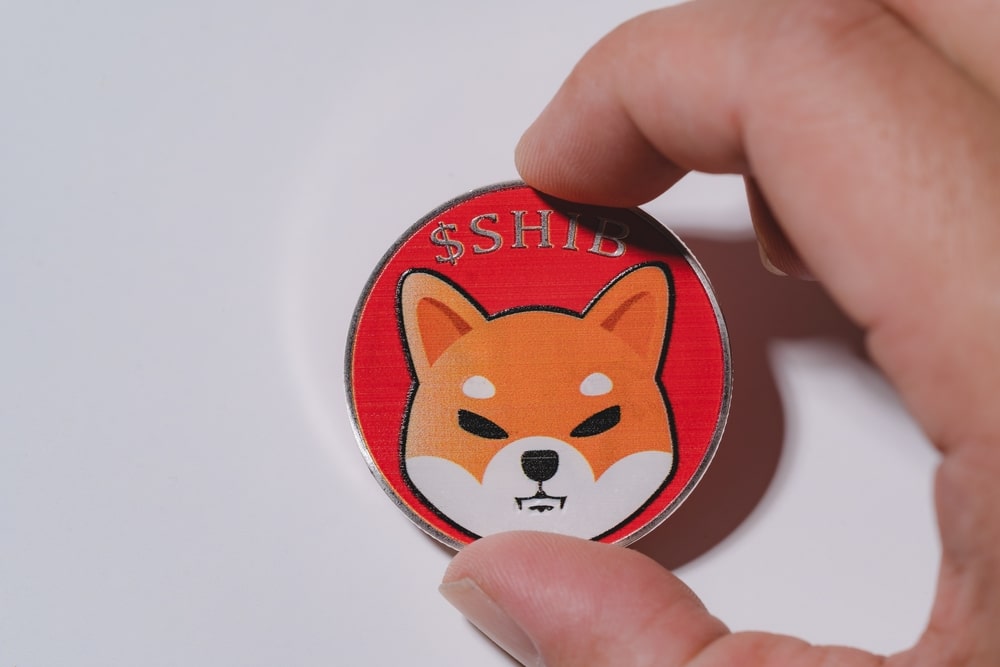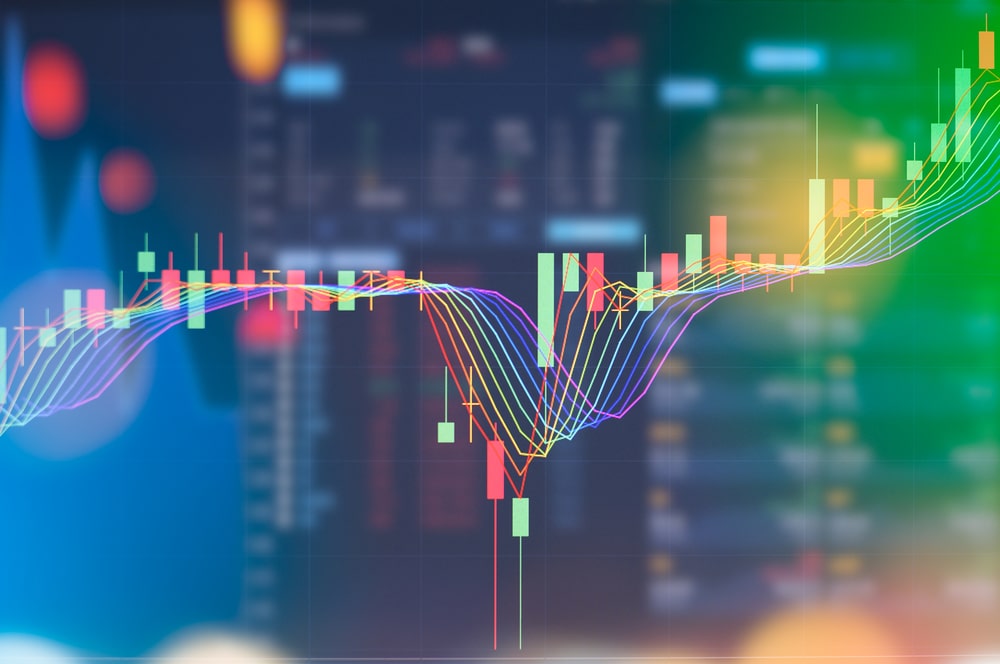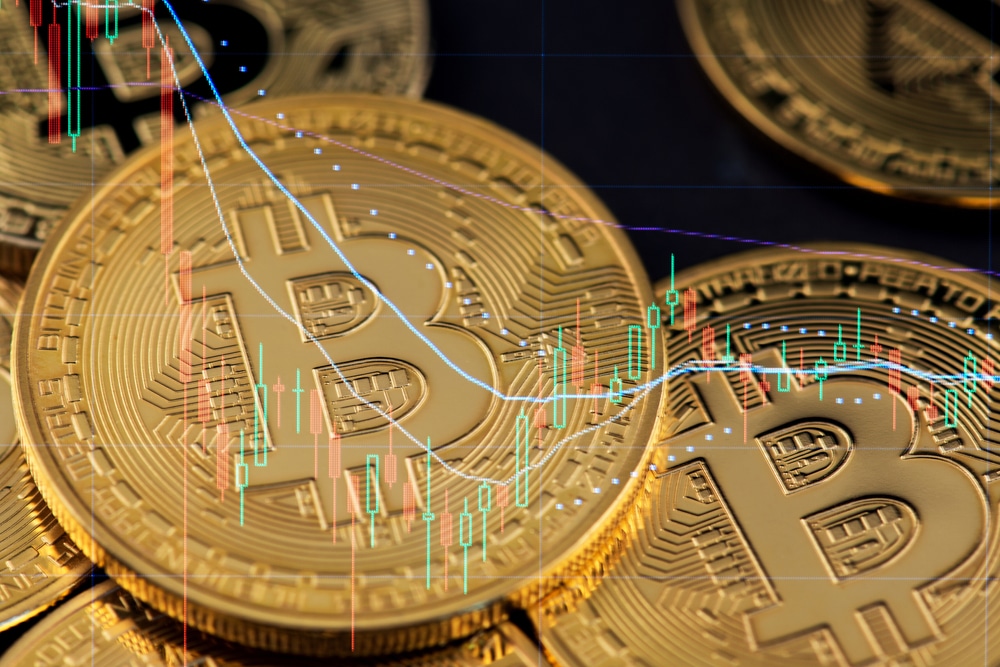A Detailed Guide on What is DAO?
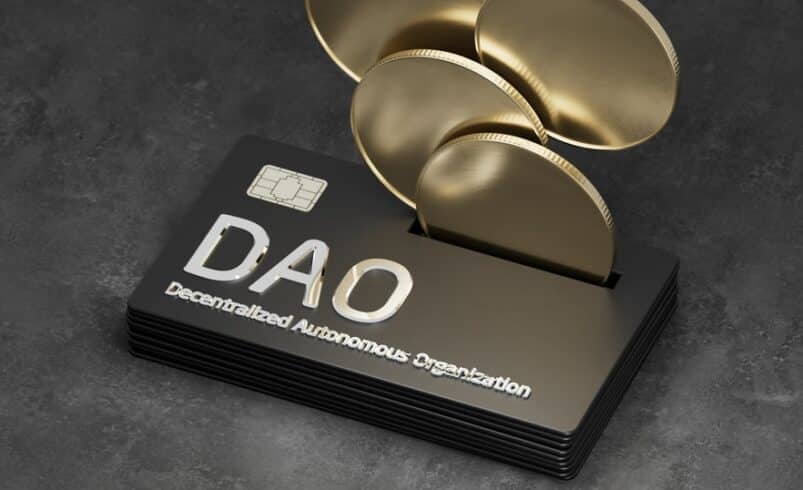
Crypto fans expect decentralized autonomous organizations (DAOs) to oust traditional corporations in the future. This brief gives more information concerning them.
Historical Background
The decentralized organization concept initially emerged in 2013. At the time, they were referred to as Decentralized Autonomous Corporations (DACs).
Every subsidiary firm operated in a decentralized manner, meaning that shares were tokenized and agreements were made public. Each operation comprised a verifiable public code. Over time, the notion changed and became more universal.
Definition of a DAO
Decentralized autonomous organizations (DAOs) are digital governance organizations backed by smart contracts on blockchains. They rely on token incentives to facilitate automation and authority distribution.
Examples of problems common in conventional organizations include a lack of transparency and the inability to access investment opportunities. DAOs in crypto promise to solve such problems by improving democracy and transparency in decision-making.
DAOs embrace an approach capable of altering how people view businesses.
How DAOs Function?
All DAOs rely on the blockchain networks’ decentralized and immutable nature to function effectively. In a typical DAO, a group of persons with mutual interests gather online (mainly through Discord) to agree on specific objectives and goals that form the organization’s basis.
The funding process entails members pooling funds to the DAO Treasury to acquire governance tokens. The tokens represent the share of voting rights within the DAO and are normally proportional to the funds a person contributes.
After the processes, the DAO goes live on a blockchain platform. At this juncture, its structure and guidelines cannot be altered except when token holders opt to do so through a consensus.
Types of DAOS
Protocol DAOs
They oversee the future of decentralized applications (Dapps). In this case, they permit users to utilize tokens to manage a protocol.
Social DAOs
They are organized around a group of individuals with mutual interests. These people come together to create online communities managed via a governance token.
Investment DAOs
They democratize the investment process by combining resources from members to invest in assets or startups (often crypto-founded).
Philanthropy DAOs
Members combine funds to finance charitable organizations. They might not get anything from their efforts.
Services DAOs
These are groups of talents that create products and services. Contributors are assigned a governance token to be used in managing the DAO Treasury.
Media DAOs
They seek to restructure media platforms by utilizing token incentives to award customers and content creators.
Benefits of DAOs
- They ensure a more transparent means of managing organizations.
- Their structure favors stakeholders instead of one entity.
- They are a quicker way of forming capital.
- DAOs allow for the fractional ownership of large-scale investments.
- They are partly free from human intervention since smart contracts are used to execute decisions.
Disadvantages of DAOs
- They can be slow in decision-making.
- Attacks on smart contracts can lead to funds loss.
- Some technical decisions need expertise that average DAO members might lack.
- Most nations do not have regulatory structures for running DAOs.
Real-world Illustration of DAOs
DAO
It was the first attempt to develop a DAO. It was supposed to be a decentralized venture capital fund that permitted investors to combine funds in exchange for tokens that permitted them to vote on how to use funds in its treasury.
Constitution DAO
In November 2021, some X users pooled nearly $47M worth of ETH in a smart contract to take part in an auction of a rare copy of the original United States Constitution by Sotheby’s.
MakerDAO
It was unveiled in 2015 and is critical in decentralized finance (DeFi). It introduced DAI, which was developed to offer stability despite the instabilities of cryptocurrency.
How to Join DAOs?
One can be part of a DAO by buying its token during a public token sale or on the open market. After a person or firm holds tokens in a DAO, it can play a role in the project’s decision-making process by utilizing its tokens to vote.
Future of DAOs
Despite DAO being in its early days, advocates believe that decentralized governance models will be critical in the next iteration of the internet.
Looking for consistent results in crypto? Finance Legend’s AI-driven algorithms are here to optimize your trades, 24/7.
DISCLAIMER: It's essential to understand that the content on this page is not meant to serve as, nor should it be construed as, advice in legal, tax, investment, financial, or any other professional context. You should only invest an amount that you are prepared to lose, and it's advisable to consult with an independent financial expert if you're uncertain. For additional details, please review the terms of service, as well as the help and support sections offered by the provider or promoter. While our website strives for precise and impartial journalism, please be aware that market conditions can shift unexpectedly and some (not all) of the posts on this website are paid or sponsored posts.



